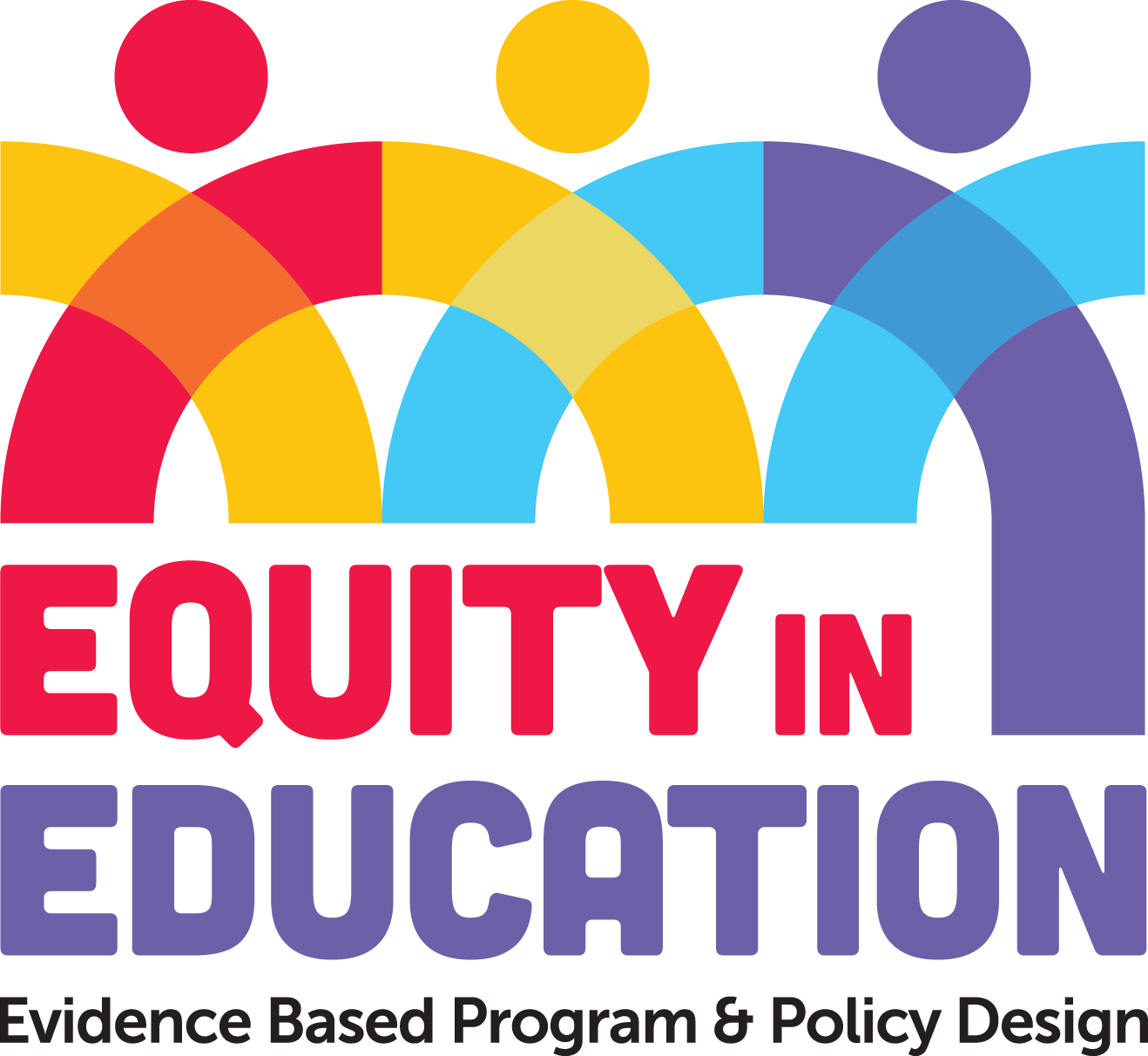Immigrant workers are more likely to be unemployed than Canadian-born adults, even when other factors such as skill levels were taken into account, according to this new study published at the University of Toronto.
The probability of being unemployed declined among immigrants with higher levels of literacy and numeracy skills, as it did for all adults. When other controlling factors were considered, skill levels and immigrant status were both significant factors in determining employment status. On average, immigrants had lower skills scores than native-born Canadians.
“While skill level and education advance prospects for immigrants… significant barriers still exist.”
The study found that immigrants were more likely to have a post-secondary degree than Canadian-born adults and were more likely to have an education in STEM disciplines. However, immigrants had lower literacy and numeracy scores.
The findings suggest that new approaches to skills assessment might provide an alternative to other forms of assessing international credentials, which previous research has shown are undervalued in the Canadian labour market, the authors conclude. They note that microcredentials, which offer credentialing and evidence of specific skills at a much more fine-grained level than typical certificates and degrees, might offer an alternative to skills testing.


